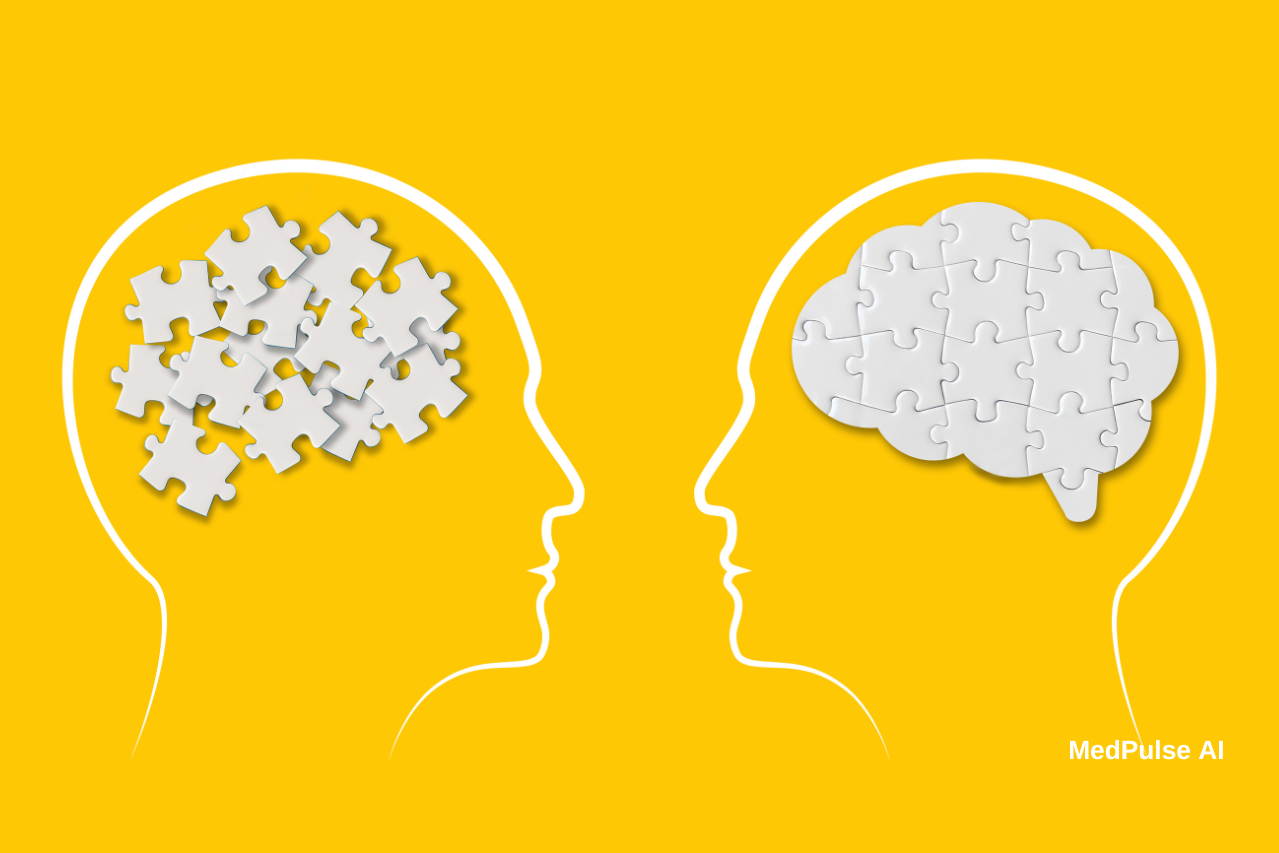In an age where technology permeates every aspect of life, gamification has emerged as an innovative approach to addressing mental health challenges, particularly among adolescents. By integrating game-like elements into mental health support, apps are said to have the potential to make coping strategies more engaging, promote positive behaviors, and reduce the stigma associated with seeking help.
Understanding Gamification in Mental Health
Gamification, the process of applying game-design elements to non-game settings, has emerged as an innovative tool in mental health care. By incorporating elements like rewards, challenges, and points, mental health apps and platforms aim to enhance user engagement and promote positive behavioral changes.
For example, apps like SuperBetter and Habitica use gamification techniques to help individuals manage stress, anxiety, and depression by setting goals and tracking progress in a game-like environment. Research has shown that gamification can significantly improve user motivation and adherence to mental health interventions. A study published in JMIR Mental Health found that gamification increases participation rates in mental health apps, fostering a sense of accomplishment that can be crucial in supporting individuals with long-term mental health challenges.
While gamification offers promising opportunities, it is essential to approach it thoughtfully. Critics argue that the effectiveness of gamified interventions depends on the individual’s personality and the app’s design. For example, overly competitive elements may not be suitable for everyone and can lead to disengagement or anxiety in some users.
Further research is needed to determine the long-term benefits of gamified mental health care, particularly in ensuring that these interventions are personalized to the needs of different users. As this approach continues to evolve, developers are focusing on balancing user experience with clinical outcomes to ensure that gamification in mental health provides genuine therapeutic value.
Apps Utilizing Gamification
- SuperBetter
- Overview: SuperBetter helps users build resilience by completing missions and challenges designed to improve mental health. Users create a superhero identity and work through quests to achieve personal goals.
- Features: Points are earned for completing tasks, and users can track their progress while receiving encouragement from friends or family.
- Moodfit
- Overview: Moodfit combines gamification with mood tracking and mental health exercises. Users can set goals, complete activities, and track their emotional states over time.
- Features: The app offers guided meditations, CBT-based exercises, and mood tracking, with rewards for regular participation.
- Sanvello
- Overview: Sanvello provides tools for managing stress, anxiety, and depression through gamified elements. Users can access resources tailored to their needs while earning points for daily check-ins and activities.
- Features: Users can track their moods, access coping tools, and participate in guided meditations while earning rewards for their efforts.
- Mindfulness Games
- Overview: Mindfulness Games is an app designed to help users practice mindfulness through gamification. Users can choose various mindfulness activities, complete challenges, and track their progress.
- Features: The app encourages regular practice through engaging tasks and rewards for consistent participation.
- Breathe, Think, Do with Sesame
- Overview: This app, designed for younger users, teaches emotional regulation through interactive games and activities. Users help a character solve problems by applying breathing and thinking strategies.
- Features: The app provides engaging animations and encourages problem-solving through mindfulness techniques.
While gamified mental health apps offer valuable support, parental involvement is crucial. Parents should monitor their teens’ use of mental health apps to ensure they are engaging with them appropriately and safely. Awareness of the content being accessed helps prevent exposure to unverified information or harmful practices.
Policies and Regulations in Gamified Mental Health Practices
As with any technology involving mental health, policies and regulations play a vital role in ensuring the safety and effectiveness of gamified mental health apps:
- Data Privacy: The collection and management of sensitive data are critical considerations. Many apps must comply with regulations like the Health Insurance Portability and Accountability Act (HIPAA) in the U.S., which protects patient privacy and requires secure handling of personal health information.
- Age Restrictions: Apps designed for mental health support typically have age restrictions, requiring parental consent for users under 18. This ensures that parents are involved in their teen’s mental health care and aware of the tools being utilized.
- Evidence-Based Practices: Many reputable apps incorporate evidence-based practices and work in collaboration with mental health professionals. This ensures the content is grounded in scientific research and best practices for promoting mental well-being.
- Transparency: Ethical guidelines call for transparency in the workings of AI and gamified systems. Users should understand how their data is used, how the app functions, and what to expect in terms of outcomes.
- Quality Assurance: Regular updates and quality assessments are essential to ensure that the apps remain effective, user-friendly, and safe for users.
How Parents Can Ensure a Mental Health App is Legit and Safe
- Research the App: Before downloading an app, parents should conduct thorough research. This includes reading reviews from reputable sources, checking user feedback on app stores, and looking for articles or discussions about the app’s effectiveness and reliability.
- Check Credentials: Look for apps developed by reputable organizations or companies. Many legitimate mental health apps are created in collaboration with mental health professionals, researchers, or universities. Check the app’s website for information about the developers and their qualifications.
- Read Privacy Policies: A trustworthy app should have a clear and transparent privacy policy outlining how user data is collected, stored, and used. Parents should review this policy to ensure that personal information will be protected and that the app complies with data protection regulations.
- Look for Evidence-Based Practices: Legitimate mental health apps often incorporate evidence-based practices, meaning their content is grounded in scientific research. Parents should look for apps that provide citations or references to studies that support their methods.
- Seek Recommendations: Consulting with mental health professionals, such as therapists or school counselors, can help parents find reputable apps. These professionals can recommend tools that they trust and have seen effective results from in their practice.
- Utilize Trusted Resources: Organizations dedicated to mental health, such as the Anxiety and Depression Association of America (ADAA) or the National Alliance on Mental Illness (NAMI), often provide lists of vetted apps. Parents can use these resources to find credible mental health apps.
- Monitor App Usage: After selecting an app, parents should actively monitor their teen’s usage. This involves checking in regularly to discuss their experiences with the app, encouraging open dialogue about what they’re learning, and being aware of any concerning content or interactions within the app.
- Evaluate the Content: Parents should explore the app themselves to assess its content and functionality. This includes checking for features like crisis resources, emergency contacts, and the quality of information provided. If the app encourages harmful behaviors or provides misleading information, it may not be suitable.
- Consider Age Appropriateness: Ensure that the app is designed for the appropriate age group. Many mental health apps have age restrictions and may contain content tailored for specific age ranges, making it essential to choose one that aligns with the teen’s developmental stage.
- Look for Community Features: Apps that provide community support can be beneficial but should also have safety measures in place. Parents should check whether the app has moderation systems to prevent harmful interactions and ensure a safe environment for their teens.
- Stay Informed About Updates: Regular updates can indicate that an app is being maintained and improved. Parents should look for apps that receive consistent updates, which may also include enhanced security measures and new features based on user feedback.
The gamification of mental health offers a revolutionary approach to engaging teens in their emotional well-being. With a variety of apps available, gamification can make learning about mental health more interactive and enjoyable while promoting healthy coping strategies. However, parental guidance is crucial in navigating the landscape of these tools, ensuring safety and fostering open communication.




